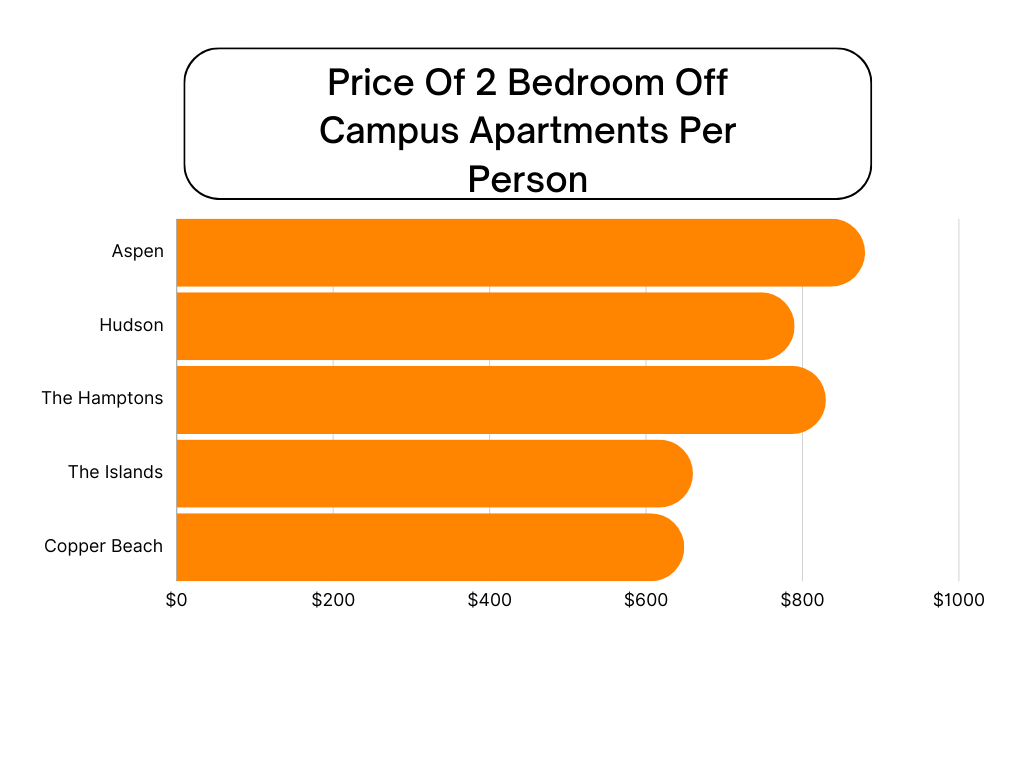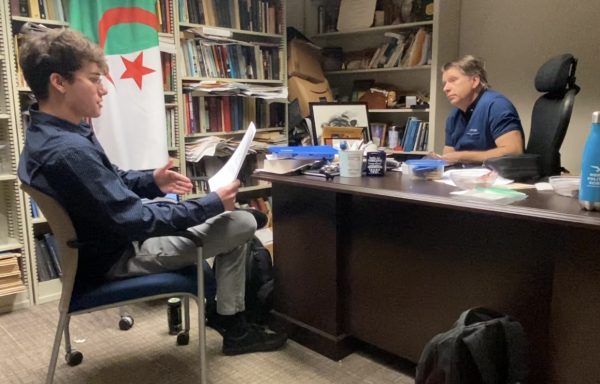To the Victor Belongs the Spoils
March 28, 2017
There are a few overlying themes found within contemporary political science literature, regardless of the political theory that influenced the research or even the perspectives of the researchers themselves.
These common denominators, namely that of: the neoliberal order and the newfound profitability of war, the rise in military expenditures and income inequality, the class-based struggle at the foundation of political marginalization that often leads to violence and the power-sharing and wealth distribution that help to maintain stability in the face of uncertainty.
The aforementioned ideas recur because they are either demonstrable facts or noteworthy trends in the international arena. Wealth has certainly become more concentrated throughout the world, due in large part to the deregulation of global markets and so-called “free trade” that works only to the advantage of transnational corporations.
Governments across the world continue to increase their military expenditures, but the taxpayer money that they use typically is not seen by military personnel or the constituents of that given nation, but rather end up back in the pockets of the very same corporations that use their newfound political influence to lobby for a continuation of the ever more profitable policy of continuous foreign intervention.
The neoliberal economic policies that have dominated the markets during the last few decades have given rise to the nation-state that is heavily reliant upon a military-industrial complex, and while military expenditures have drastically increased for the nation-state, corporate profits have skyrocketed as a result of that very same spending.
The corporate monopolization of the world’s leading industries has worked to establish a new kind of power; one that is both indirect and increasingly influential in political spheres through backdoor channels specifically set up for plausible deniability. This new form of soft power via concentrated wealth supersedes any concerns that may be expressed by a given nation’s constituency.
A concentration of wealth breeds a concentration of power, and with the neoliberal economic policies that hold influence over nearly every major aspect of the global economy, (turning the act of war itself into a profitable venture) war simultaneously benefits the economy of the intervening country via an imperialistic control of world resources, it is in the best interest of both the corporation and the leaders of a given nation-state to continue interventionist strategies.
The constituents within a society that has rampant income inequality are not only marginalized financially, but politically as well. Not only do they lack the wealth, and therefore the power, to influence politicians, but their financial woes often consume their daily lives to such an extent that they remain in a state of constant apathy and frustration toward systems of rule and political action.













